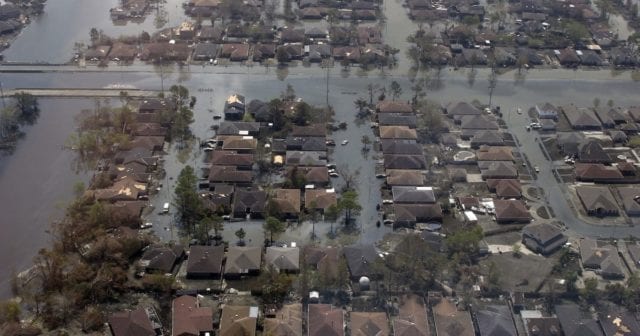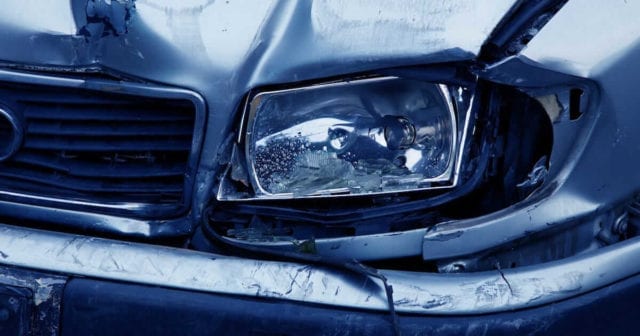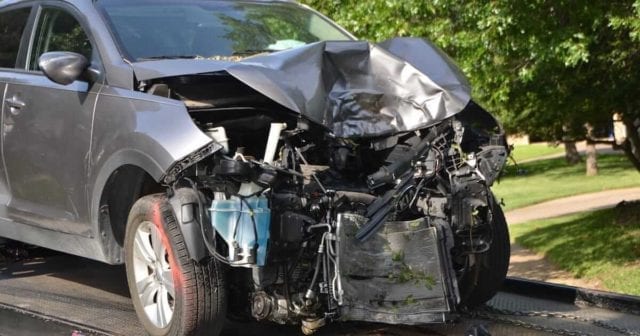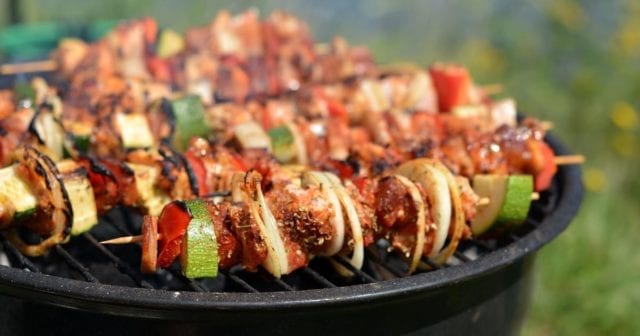When you think of hurricane season, do you think of empty bread and water aisles at the grocery store, gas shortages, or bumper-to-bumper traffic headed north on the nearest evacuation route? These images might be what get all the attention, but those who have gone through enough hurricane seasons know that the key to surviving it is preparation, before and during a storm.
Now that hurricane season is here, take a look at these tips to prepare your home and family for the entire season.
BEFORE THE STORM
Whether you want to be ready at a moment’s notice or you’ve been given the three-day warning, there are plenty of things you can do to keep your home and family safe prior to a hurricane’s arrival.
- Trim your trees and bushes, especially limbs that hang over the top of your home.
- Minimize the clutter around your home – tools, empty pots, etc. They can be a big hazard when the wind picks up.
- Consider storm shutters or even just plywood to cover your windows. You can do this well in advance of any storms and have them measured specifically to your window size. It’s better to do this before there’s a named storm than after.
- Add hurricane straps or clips to your roof to minimize damage. If you’ve added a new roof in the last few years, you may already have these built in.
- Put together your supplies kit now, before there’s a rush on batteries, flashlights, and other necessities.
- Check your insurance. Flooding is not covered under your standard home insurance policy, and there’s a good chance that wind damage from hurricanes isn’t either. Make sure you have the right coverage to protect you in a storm. Do it early, though. Hurricane coverage can’t be added when a storm is close by, and flood insurance has a 30 day waiting period.
JUST BEFORE A STORM HITS
Once a storm is named, and Jim Cantore is broadcasting live from Charlotte (a sure sign we’re in the path), it’s time to jump into action and make final preparations.
- Put your car in the garage or move it to higher ground, in case of flooding and other damage from wind-blown debris.
- Put away lawn furniture, hoses, garbage cans, plants, and toys to reduce what gets blown around.
- Fill your vehicles and any gas cans that you have available with gas.
- Take video or pictures of your home prior to the storm to prove the condition of your home prior to making a claim due to storm damage.
- Buy non-perishable food items and bottled water. Peanut butter and bread may be the popular items that sell out first, but canned foods, applesauce, protein bars, and dry cereal are good options, too.
- Gather important papers and numbers that you may need – insurance, emergency contact, schools, doctors, etc.
DURING THE STORM
The safety of you and your family is paramount during a big storm. Take precautions regardless of what you choose to do.
- If you choose to evacuate, give yourself enough time to get through traffic and plan your route before you go.
- If you stay home, unplug all electronics and appliances, and stay in the safest part of your home – often a hallway or bathroom – until the storm passes by.
Hopefully we’ll have a quiet hurricane season, but it’s always better to be prepared. Start making plans now so you have a few less things to worry about if a storm heads our way.







